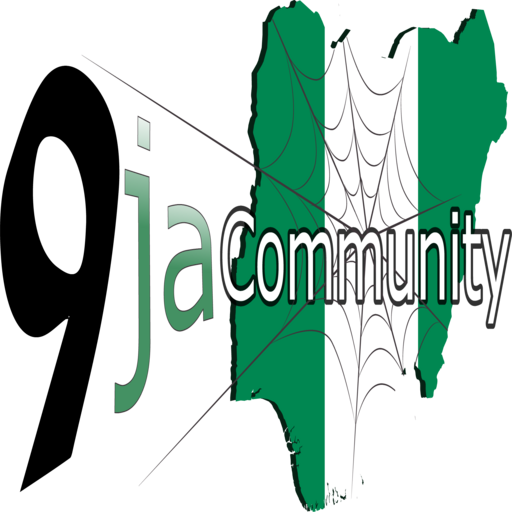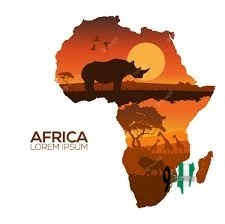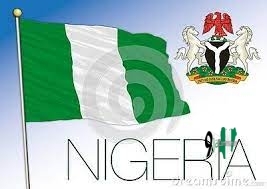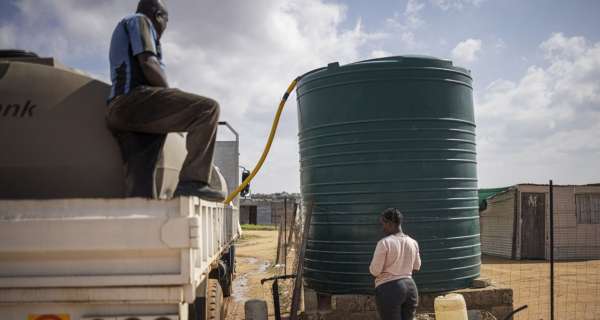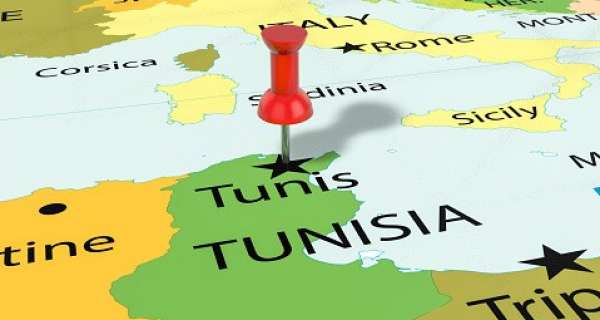What is 9jacommunity?
9jacommunity (pronounced- Naija-community) is a people-inspired social media website with a focus on stopping the exploitation of Nigerians and Africans by Governments, the rich, and foreign social media companies.
9jacommunity philosophy strongly believes that an increase in poverty is an increase in crime, a future of uncertainty and constant exploitation of people can only result in a state of utter lawlessness.
9jacommunity is a people-inspired effort to build a better Nigeria, a Nigeria built by you, A Nigeria where Nigerian students will have a future because of the socio-economic empowerment provided by this community.
9jacommunity is a communal-based effort that is branded a helping hand for Nigeria by the people, we do not see tribes, religions, color, or political affiliations, we see just Nigerians.
9jacommunity is a completely apolitical and unbiased platform where everyone can meet with friends and family, be free to express themselves, and at the same time earn money.
9jacommunity is the brainchild of Afrikaweb which is an all-African empowerment social media website that is already paying to Africans in other African countries.
9jacommunity is available in the three major languages of Nigeria and we welcome contributors from other ethnic languages to add their languages to this platform because we believe that every Nigerian should feel at home with 9jacommunity.
Why is 9jacommunity needed?
Nigeria, the largest black nation in the world, once revered and known as the giant of Africa, with a vast reserve of Agricultural products, the only country with hundreds of groundnut pyramids, labeled a model state of Africa with a succinct variation of ethnicities and cultures.
Unfortunately, the years of abundance in resources are not even remembered or known by most Nigerians today, years of bad governance, neglect of infrastructures, of the citizens have left Nigeria and Nigerians in a state of abject deterioration and penury.
For years, Nigerians have looked up to different governments for delivery of a future that every Nigerian deserves only to be let down over and over again, a let down in educational systems, a let down in infrastructural projects, a let down in security projects, a let down in the judicial project, to sum it up, a total let down in everything.
Nigeria today is an extreme opposite of how the country was after independence, todays´ Nigeria is riddled with despair, poverty, dysfunctional services, and utilities.
With over 206 million adults, 350 million children, and approximately 70 million Nigerians living outside Nigeria, with states like Lagos having more than 14,368,000 million inhabitants, you could see that the overall population of Nigerians is more than the combined populations of Ethiopia, Egypt, and DR Congo, Nigeria is also the richest country in Africa, however, the wealth and opportunity circles around less than 1% of the general population while 85% of Nigerians live on less than $ 1 a day thus the suffering.
Neglect of the masses in Nigeria should be seen as a lesson for other countries around the world on the effect of rising poverty because the situation in Nigeria is so extreme that the level of crime has hit the roof.
This deterioration in Nigeria has made being rich or having a normal live standard in the country a form of self-imprisonment, where houses are fitted with iron bars (Like jails ) the fences are made even taller, and even at times fitted with barbwires, the rich or middle-class cannot just drive out freely anymore because of the fear of robbery, kidnappers or even human organs harvesters.
Who is 9jacommunity for?
9jacommunity is for everyone, black, white, brown, and not just Nigerians, not just Africans but everyone, we welcome non-Nigerians to join us in this effort, and in 9jacommunity everyone is equal but our socio-economic developmental efforts are focused on Nigeria and Nigerians. 9jacommunity welcomes all Nigerian ethnic groups to showcase their cultures, express their concerns and address difficult topics that plaguing everyone.
why was 9jacommunity established?
Believe it or not, some Nigerian children go to school in the morning on empty stomach, who has no desk and seat to use in school, who is not sure of lunch when he or she gets home after school, whose parents are unable to give them or her a future that they deserve.
But at the same time, western-based social media websites are flourishing on millions of dollars revenues that they collect every month based on the online activities of Nigerians without care for Nigerian families. 9jacommunity is here to tell the African and Nigerian stories without bias, 9jacommunity unlike other social media websites is an African people's inspired platform where local news goes raw globally.
What does 9jacommunity offer or what do I get from 9jacommunity?
For starters, 9jacommunity offers every newly registered member a branded 9jacommunity T-shirts as a thank you for joining our community, and beginning from September 2022 all registered students in 9jacommunity will receive a complete back to school set that could comprise of books, stationaries, and yes depending on the school levels laptops, pads. Users of 9jacommunity can also earn financial upkeeps, business supports, and much more. Our social development programs would help local governments all over the country with massive infrastructural developments by Nigerian hands, thus the phrase "Nigeria for Nigerians", thereby providing jobs for millions of Nigerians who at this moment see only a future that is riddled with uncertainty and disappointments.
How can you help Nigerians through 9jacommunity?
9jacommunity is a non-governmental social media website free for every one from anywhere. You can be instrumental in helping that young boy, that girl, that mother, and father simply by being online in 9jacommunity, posting articles, posting pictures, chatting with friends, joining different groups, build communities within 9jacommunity.
Millions of Nigerians living outside Nigeria send money to their families and loved ones in Nigeria regularly, however, it is universally acknowledged that the request for financial aid from Nigeria is a never-ending story, what if you know that being online in 9jacommunity for just an hour a day will gradually reduce the financial burdens that you feel every time you send money back to Nigeria.
Your online presence in 9jacommunity is your social contribution to the wellbeing of millions of Nigerians including your loved ones. 9jacommunity welcomes financial contributions in form of donations from well-meaning individuals who understand that leaving 200 million people in abject poverty is an existential crisis for everyone and not just the afflicted, however, we are humbled by users who just spend time on the website with communal cooperation.
What 9jacommunity is not?
9jacommunity is a non-governmental social media website with a focus on efforts by the Nigerian masses to develop Nigeria.
We are not here to fight with the Nigerian or any other governments in the world.
We are 100% non-violent media platforms, we do not preach, teach or condole violence as a solution to any issue or issue. We are not a heaven for any criminal activities. We do not promote hate speech or harmful information that could resort to unforeseen incidents, we do not believe in working against the already established status quo but rather help the establishment better understand the demands of our fellow citizens.
We are not a political party or have affiliations with any political party in Nigeria or anywhere else in the world because we stand for peace, we stand for dialog, we stand for a united Nigeria where everyone is equally represented because to us every Nigerian life matters !!!
Register and join 9jacommunity because even without knowing you will be saving lives in Nigeria.
Thank you for your support of Nigeria´s fastest-growing social media website !!!

